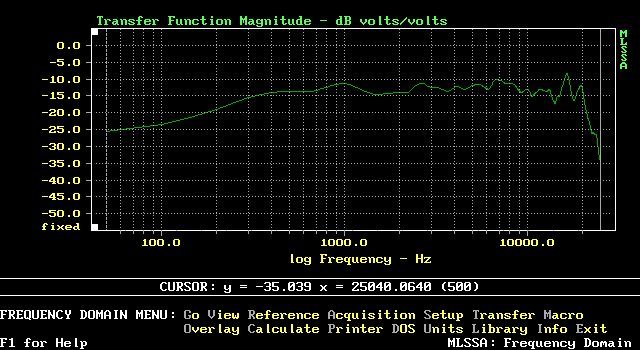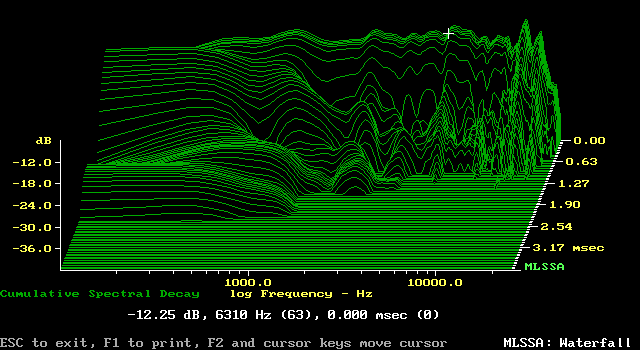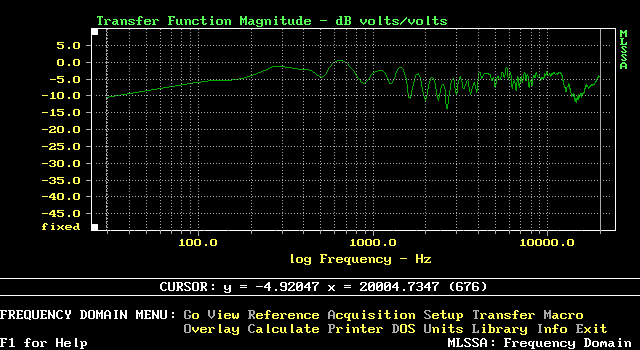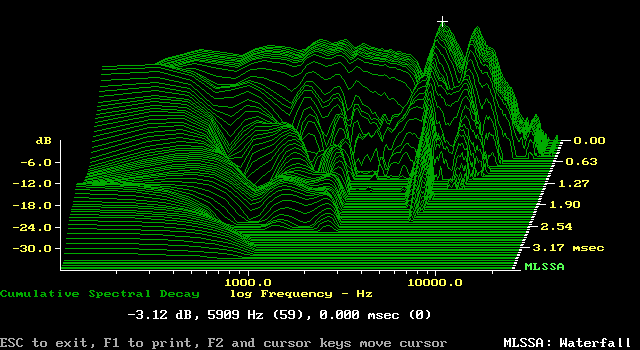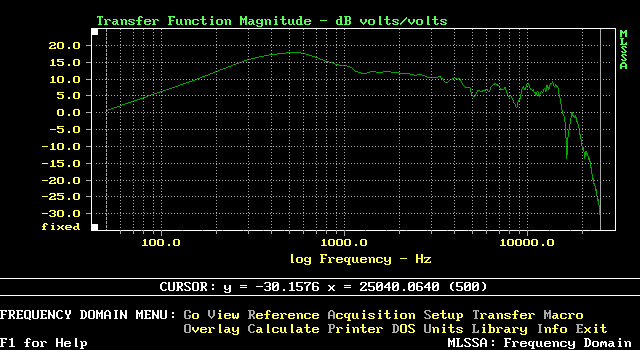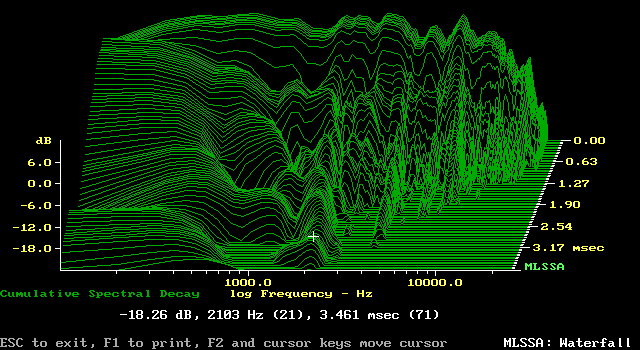@Wombat , I am sorry you didn't take my short answers. Allow me to elaborate to the extent that the answer will be longer and take some time to read.
Every human needs a life philosophy that can be summed up in simple heuristics. Heuristics doesn't mean lack of understanding the complicated or the complex; on the contrary (1). To see how heuristics makes sense, and which heuristics to use in different situations may take some skill or competence (2). As your skill increases, you use heuristics in an effortless way without even thinking; that means you are about to master something.
Humility when facing uncertainty is a virtue. Socrates drove his opponents to desperation due to his clarity of thought. He is supposed to have stated the following:
"I am wiser than this man, for neither of us appears to know anything great and good; but he fancies he knows something, although he knows nothing; whereas I, as I do not know anything, so I do not fancy I do. In this trifling particular, then, I appear to be wiser than he, because I do not fancy I know what I do not know".
To me, it's a philosophical choice to have humility facing uncertainties. And when facing uncertainty, I choose the heuristic of neutrality, the middle-way, diversification etc.
You asked initially the following question:
"Have subjectivist sound preferences been determined to the point where they can be generally classified enough for tailoring by designers?"
Then I answered the following:
"On average, subjectivists like neutral sound. Neutrality is always a safe choice. This is statistics, not rocket science".
This is practical application of my philosophy when I face a question to which we cannot know the truth. We cannot know the truth to your question because you haven't even defined "subjectivist sound preferences". Who belongs to this classification? Sometimes, I am a subjectivist and sometimes I am an objectivist - so in my case the limit between subjectivist and objectivist is a dynamic and not a fixed one.
Attempting to answer your question on "subjectivist sound preferences" I know that most of the world are simple people without much education. Africa is the fastest growing region. That gives us sort of an impression of what the average subjectivist may look like. To me, it makes sense to believe that the average subjectivist in the world thinks natural sound is the best because that's the sound he's most used to in daily life.
There is also another reason, more mathematical to choose the neutral, middle-way choice. If you pick the median guess in a group of people who try to guess multiple times on a range of issue, you will see that the median guess will fare very well in comparison to the other guesses. The median can never be lover than the 50th percentile; however, it can be anywhere between 1s and 50th percentile. So a person who uses the information of the median will over time, and on average, become a much better guesser than the other guessers (people who like quizzes may try and find out what will be the average percentile rank of a person who always uses the median in a repetitive guessing contest). In other words, mathematically it makes sense to choose the median when faced with uncertainty. Real-life experiments, based on a large set of data, tell us the same: Go for the median to become the best guesser over time!
And remember that the median is a better help in guessing contests than the average due to idiosyncrasy (the average answer will give you a lower ranking than the 50th percentile if just one of the other guesses is wildly off).
In audio, the median will probably guide you towards something which looks neutral, with a smooth downward-sloping frequency curve, cfr. Toole's research (3). The more complex the situation is (complicated things are easier to model than complex things [4]), the better it may be to use heuristics as a skilled person would use them. My initial answer to you was an attempt of heuristics in practice.
I hope this attempt at a longer, yet as short as possible answer, was of value to you.
 Notes:
Notes:
(1) See for example Heuristics by Gerd Gigerenzer, https://www.amazon.com/Heuristics-Foundations-Adaptive-Gerd-Gigerenzer/dp/019049462X
(2) See for example Dreyfus brothers' skill acquisition model, https://en.wikipedia.org/wiki/Dreyfus_model_of_skill_acquisition
(3) See figure 14 in The Measurement and Calibration of Sound Reproducing Systems by Toole, http://www.aes.org/tmpFiles/elib/20180406/17839.pdf
(4) For a discussion of the complex and complicated, see for example this short article: https://sloanreview.mit.edu/article/the-critical-difference-between-complex-and-complicated/
And allow me to use this quote from Reinhold Niebuhr: "God, grant me the serenity to accept the things that cannot be calculated; courage to calculate the things that can be calculated; and wisdom to know the difference".
